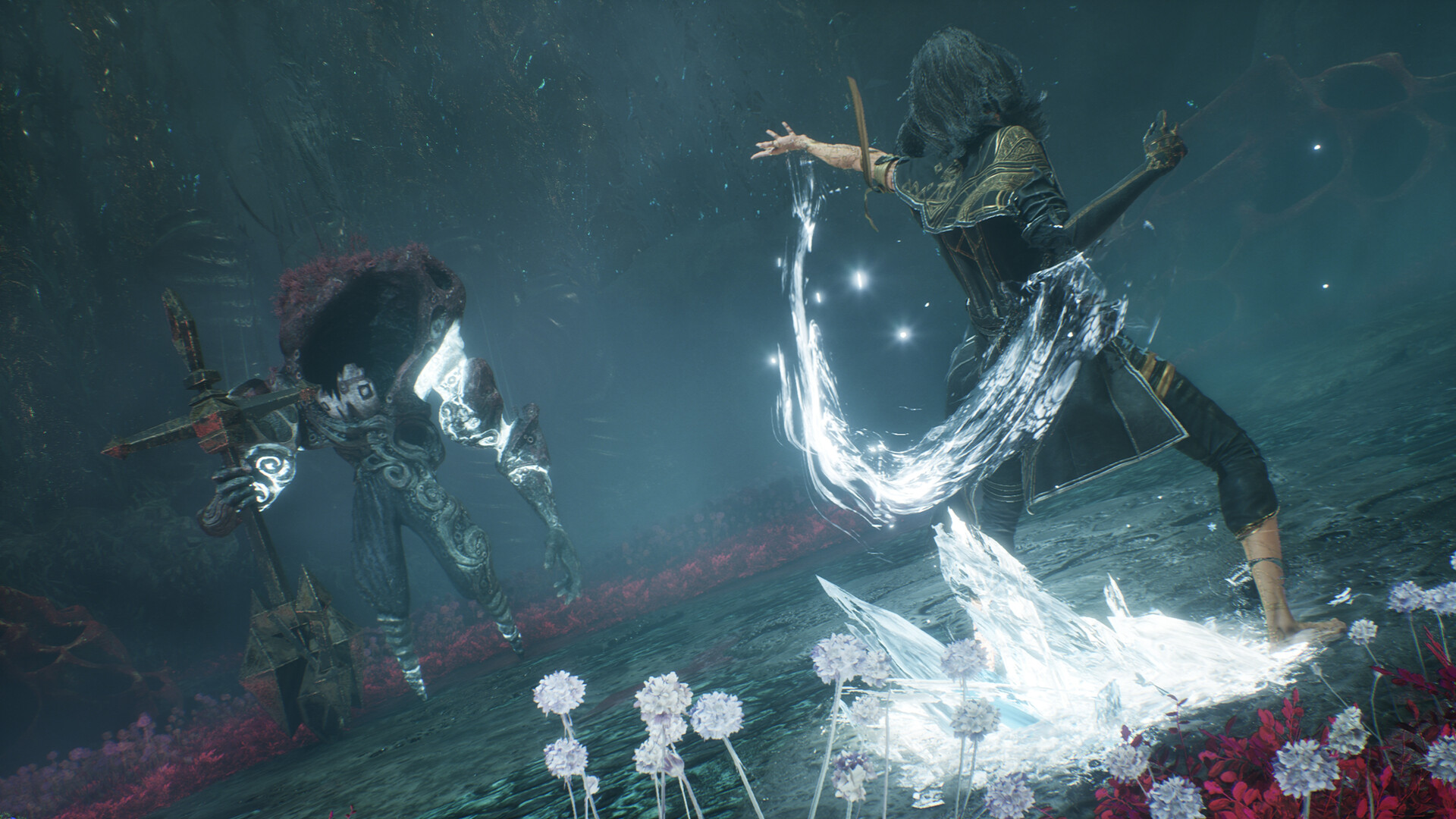'Overwatch 2' is running headfirst into an identity crisis
What's the point of this sequel?
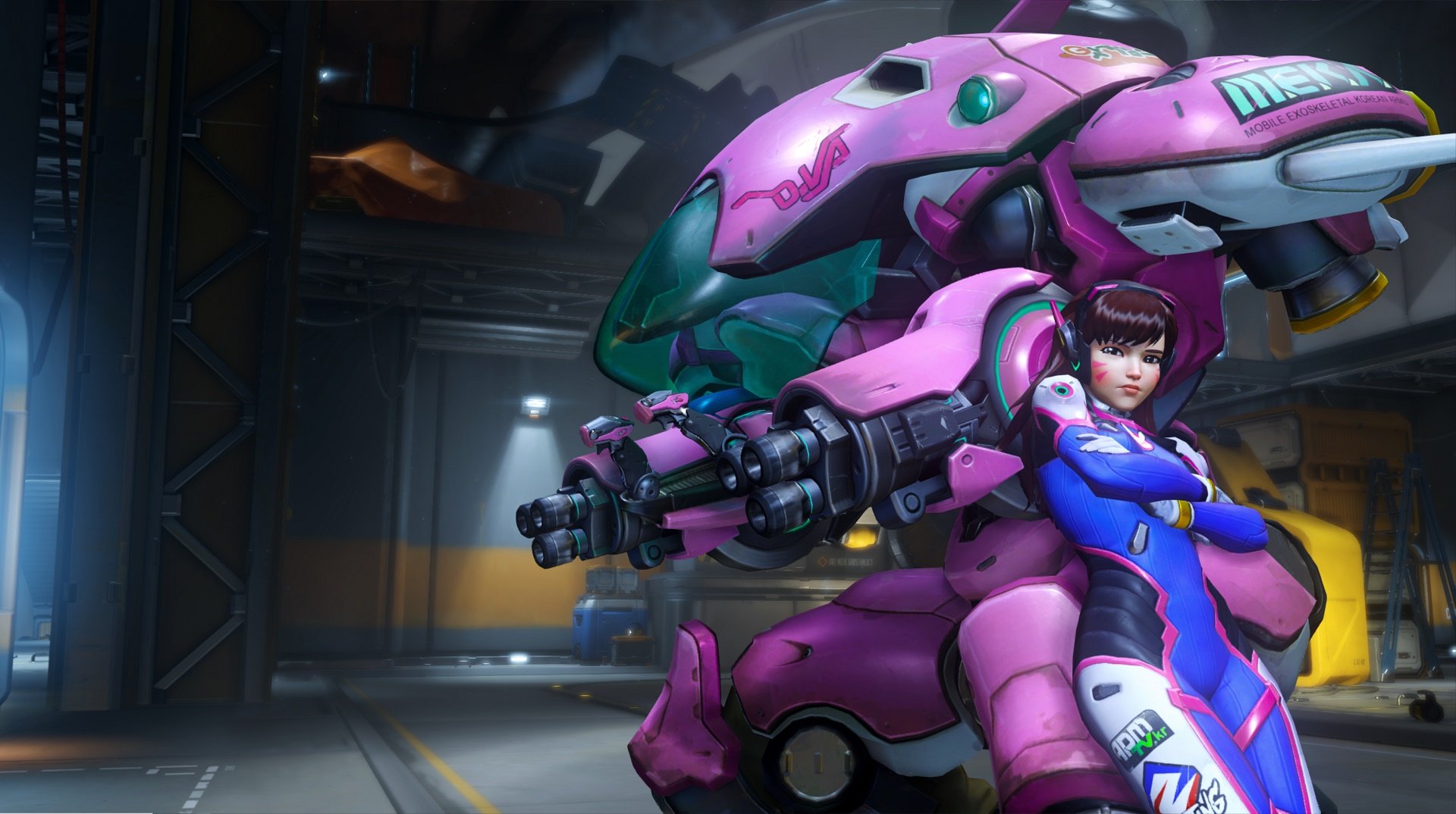
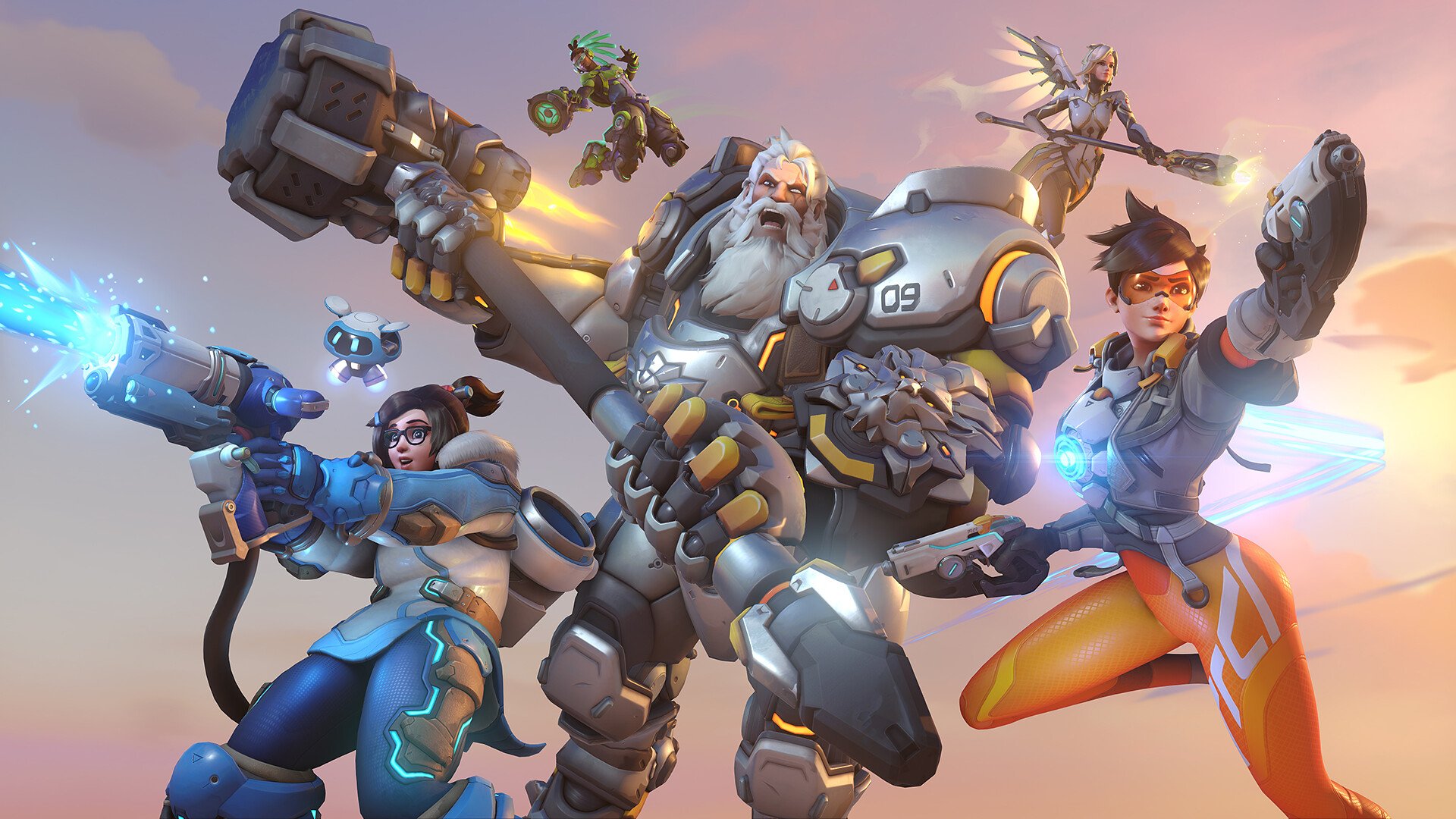
Overwatch 2 hit beta this past month, giving thousands of fans an opportunity to see how the game is shaping up thus far. Or at least, a very small slice of it.
Indeed, Overwatch 2, despite its sequential numbering, barely resembles anything that could be described as a "sequel" right now. So far, we have one new hero, Sojourn, some balance changes, a new game mode, and that's about ... it?
Overwatch 2 as a retail entity should have a full-blown PvE mode to beef up the overall package, but the updates to PvP and multiplayer will be heading out to every version of the game in due course, making you wonder what the point of this sequel is in the first place. Couldn't this have simply been an expansion pack of sorts? That's what many commentators are asking right now, as Overwatch moves headfirst into an identity crisis.
The modern state of Overwatch
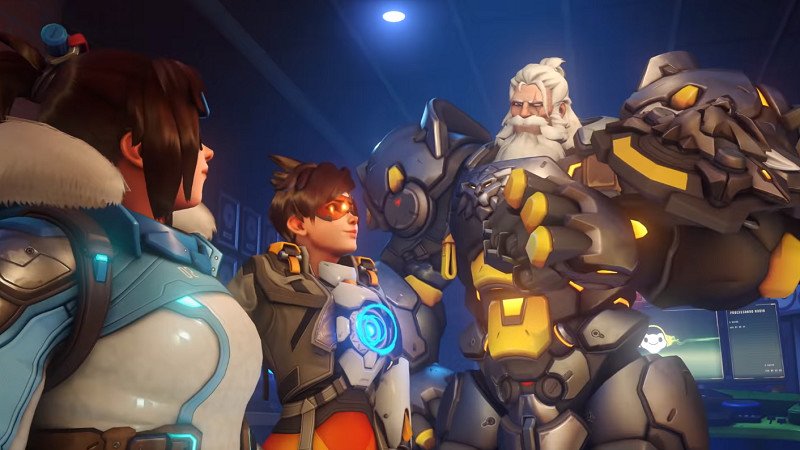
Overwatch at one point was on top of the world, taking home several Game of the Year accolades, and introducing millions of new players to the colorful world of Blizzard properties. An entire map in Overwatch dubbed Blizzard World celebrates the various properties of the firm, from Warcraft to Diablo, and it serves as something of a bittersweet reminder of how far Blizzard has fallen out of favor.
Indeed, years of scandals, mismanagement and meddling from Activision, an exodus of key staff to competing firms like Tencent's Riot, and other problems have seen Blizzard lose millions of players. Activision Blizzard as an entity has lost no fewer than 60 million monthly active players across the past year, and while the bulk of this can be blamed on Call of Duty, many of them are bleeding away from Blizzard properties as well.
Overwatch is one such property that has struggled, faced with stiff competition from frankly, far-better-managed service games like Fortnite, Valorant, and Apex Legends. Many of these games clearly took cues from Overwatch and Team Fortress 2 with a hero-based formula, but they all also leapfrogged Activision by making them free to play from the outset, while committing to a stream of updates to keep the game relevant. Overwatch fell behind the curve with its premium price tag, and as Overwatch 2 development ramped up, Overwatch 1's content pipeline dried up. Activision also moved the popular Overwatch League from Twitch to YouTube Gaming in a deal with Google, further eroding the game's relevance and visibility.
All that being said, despite all this mismanagement and general lack of vision, Overwatch remains popular overall, owing to the strong foundation and dynamic gameplay it still exhibits. But one has to wonder how long that popularity will persist if something doesn't change soon.
Get the Windows Central Newsletter
All the latest news, reviews, and guides for Windows and Xbox diehards.
Overwatch 1.5: Did it really need a sequel?
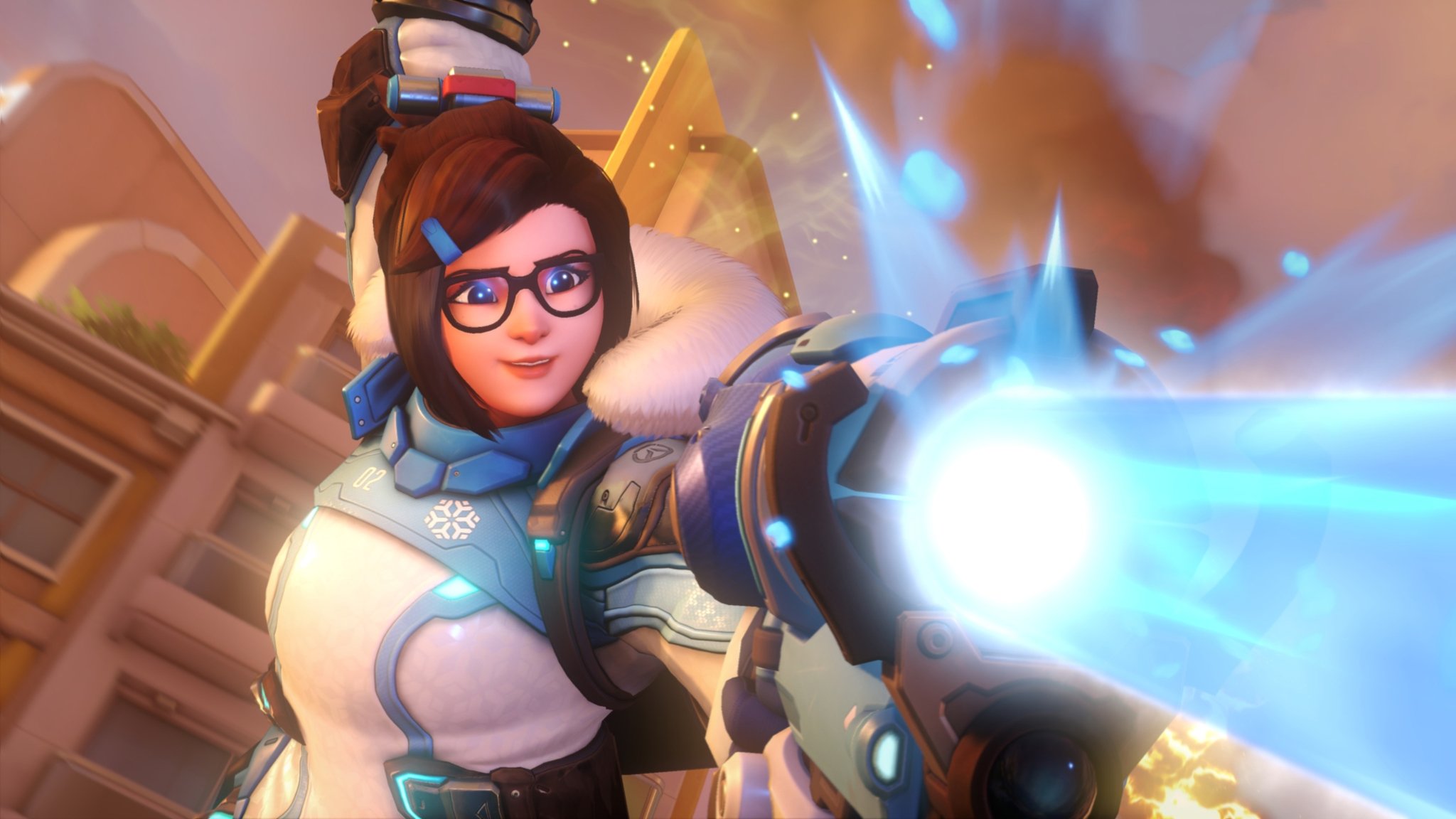
If you search YouTube or Twitter for "Overwatch 1.5," you'll see hundreds and perhaps thousands of posts that line up to deride Activision's plan for Overwatch 2. In a world where service games are updated in perpetuity, Activision is strangely obsessed with its premium price sequels, despite the fact it has free-to-play games like Call of Duty: Warzone, Hearthstone, and others, proving that this mode of thinking is becoming old hat. Activision seems to want to have its cake and eat it, and I'm not sure it's going to work out.
Activision seems to want to have its cake and eat it, and I'm not sure it's going to work out.
Activision quite famously forced its "sequel or die" formula on Bungie with Destiny 2, another service game that utterly and absolutely did not need a sequel. Destiny 2 faced similar accusations of being simply a "big DLC," complete with the "Destiny 1.5" derision on top. What was the result for Destiny 2? It was Activision Blizzard accusing Bungie of missing sales targets, and an eventual parting of ways.
Destiny found its way into a company that actually cares about making good games, at least, with Sony PlayStation. Overwatch unfortunately won't escape the mismanagement and corner-cutting ideology of Activision's executive layer until Microsoft closes its deal to acquire Blizzard within the next year. Until then, Overwatch is faced with the same dilemma.
We haven't seen a shred of evidence that justifies Overwatch 2's existence yet. We know that there's a supposed PvE story mode on the way, but we haven't seen even the vaguest of hints that it will be good, warranting that $60 price tag Activision seems so obsessed with. The fact Overwatch 2's PvP content will hit Overwatch 1 clients as a free update suggests to me that at least somebody at the company had the forethought to realize the mistake that is Overwatch 2, and somehow managed to squeeze in a compromise to prevent splitting the community in half. In a weird way, it heaps extra pressure on Overwatch 2's features to be truly excellent, lest it becomes a strange vestigial limb that exists in spite of Overwatch 1, rather than in complement.
Blizzard has a lot to prove
Across all of its properties, Blizzard has struggled to maintain the goodwill of its playerbase at large as of late. WoW: Shadowlands has proven to be the least popular World of Warcraft expansion in recent memory, losing players to competing MMORPGs like FFXIV. Overwatch saw its viewership crater on streaming platforms. StarCraft and Heroes of the Storm are all but abandoned. While Diablo players wait with bated breath for Diablo IV, hoping that it avoids the catastrophe that is Activision's leadership.
Indeed, "Why Overwatch 2?" is one of gaming's most compelling mysteries right now. It's against this backdrop of doubt that Overwatch 2 exists.
Viewed by 4 million users on YouTube as of writing, videogamedunkey's "Overwatch 2 preview" kicks off with the scathing observation, "You haven't done nothing." And indeed, after years of Overwatch 1 stagnation, all we've seen of Overwatch 2 pertains to what would have amounted to a small content update in Overwatch 1's heyday.
Blizzard has a lot of work to do to cast off doubts that Overwatch 2 needs to exist in the first place.
I haven't touched upon how players are receiving the changes in Overwatch 2 because, well, they're clearly a work in progress. At best, the community seems somewhat split on it. Overwatch has reduced its team size from six to five, removing a tank from the mix, alongside a majority of crowd-control abilities. I felt that this results in a faster-paced game that puts a bigger emphasis on aiming skills, which could alienate casual players who made the game popular in the first place.
The changes don't seem to have been thought through by Blizzard, as the new balance of the game has negatively impacted many heroes that will likely see their pick rates plummet. Healers specifically have become incredibly vulnerable and easy to pick off, and heroes like Wrecking Ball and Roadhog seem less viable in their new role as main solo tank. Surely some of these problems should have been addressed prior to changing the team comp set up to 5v5 first, otherwise, the change seems arbitrary for the sake of it — and "for the sake of it" sums up my feelings about Overwatch 2 so far.
Blizzard has a lot of work to do to cast off doubts that Overwatch 2 needs to exist in the first place, and while I'm hopeful, it remains to be seen whether it can.

Jez Corden is the Executive Editor at Windows Central, focusing primarily on all things Xbox and gaming. Jez is known for breaking exclusive news and analysis as relates to the Microsoft ecosystem while being powered by tea. Follow on Twitter (X) and Threads, and listen to his XB2 Podcast, all about, you guessed it, Xbox!
